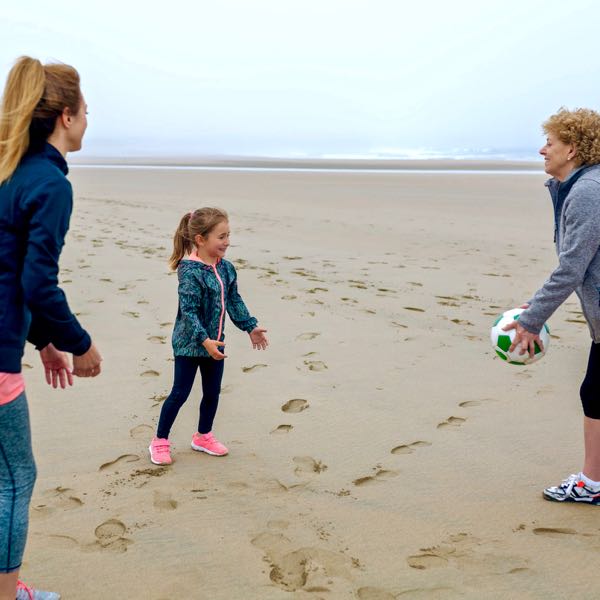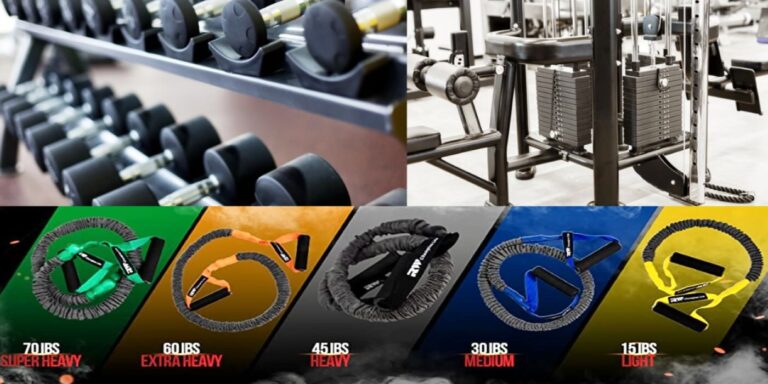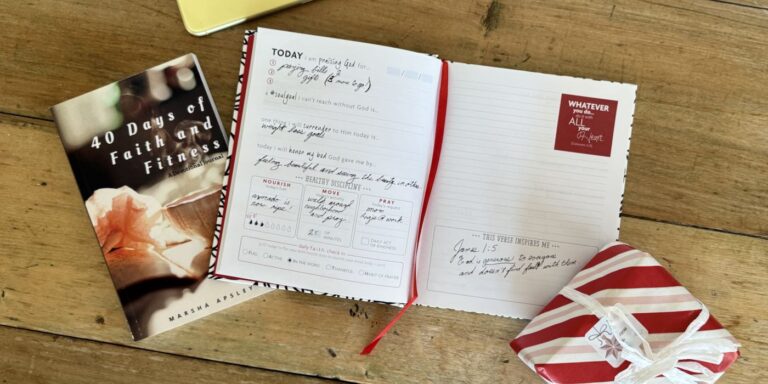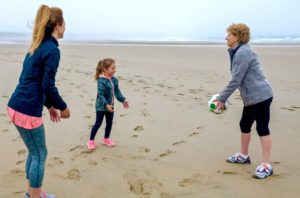
Have you heard the Baby Shark tune? Have you danced to it? With over 2.3 billion views on YouTube alone it’s not just popular, it’s gone viral. Why? The BBC says, “Its catchy lyrics and fun dance moves made it popular with children and adults alike.” Simply put, the whole family – every age can be active and have fun together We can create lasting life experiences dancing in the house, kicking a ball on the beach or simply making time to walk together.
The more life experience I have, the more I am a firm believer in the power of creativity and play to free our souls and put us in touch with God, the Creator. We don’t have to look too far in our homes and neighborhoods to realize we have many things that vie for our attention that seem to be serious and important. We feel we have limited time with our families, less space for connection with them and we often forget that we are the best teachers our children, grandchildren and neighbors have! Inside each of us is the divine nature of God.
In my lifetime I have felt called to various fabulous opportunities to observe groups of people laughing and having fun together through movement and recreation. As an Early Childhood Educator and as a Primary School Teacher I learned the value of play and educating the WHOLE individual. I went on to co-create a fabulous health and wellness program, called DrumFIT, for all ages – from Preschoolers to Senior Citizens. Currently, I am the Director of an intergenerational Ministry called, LOGOS which brings our church together through laughter and common purpose.
Laughter, song and dance create emotional and spiritual connection; they remind us of the one thing that truly matters when we are searching for comfort, celebration, inspiration or healing: we are not alone.
– Brene Brown, author and research professor, University of Houston
Our society is more sedentary than any society before due to many new advancements. We need to intentionally carve out opportunities to move our bodies, free our minds and connect with our inner spark and that same spark in those around us. When we participate in activities we can all enjoy, we are each individually healthier, we have opportunities to strengthen our communities and our family bond is also stronger because of it.
Successful family fitness activities keep six factors in mind: Resources Available, Location of Activity, Adding an Element of Fun, Sharing of Gifts and Interests, Perceptions of Available Time and Tapping into Quality Programs. I’d like to share with you some of my experiences with successful and easy-to-implement Family Fitness Activities using these factors as a framework.
#1 USE NEIGHBORHOOD RESOURCES
When my now twenty-something children were just one and three, I rediscovered the joy of movement at the local recreation center. Together, we went weekly and sometimes a few times a week to swim in the warmer pool, relaxing and playing games of “Bob Stories” and singing children’s songs that I learned as a preschool teacher by adapting them to water play. I was invited into playing again and watching the joy of them finding their buoyancy and entering into the wonder of it all.
Time spent in water levels the playing field: all ages and abilities can have a place to actively enjoy time together. From neighborhood pools to community centers to backyard pools – the water can be a playground for fun games such as water polo or “colors” or it can be a great place to be invited into the imaginative world of an infant, preschooler or younger child. Besides the pool (or body of water, for that matter), only an active imagination is required.
The playing adult steps sideward into another reality; the playing child advances forward into new stages of mastery.
– Erik Erikson, psychologist
When we are invited into a child’s imagination, we are invited into a world of play and can forget our cares and worries for an hour or two while finding time to stretch muscles in ways that are low impact and good for joints, muscle and bone health.
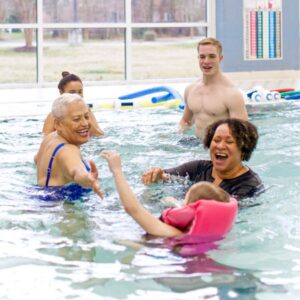
Besides the physical health benefits that a swim or a play in the pool create, there is a spiritual component of water as well. Water soothes and calms. Often parents and caregivers are told to place crying infants into warm water. Baths at bedtime relax us and rebalance our energy levels. The Bible itself talks about “drinking from the living waters” and using water to wash us clean. For generations – centuries – mankind has found water to be a common, soothing medicine.
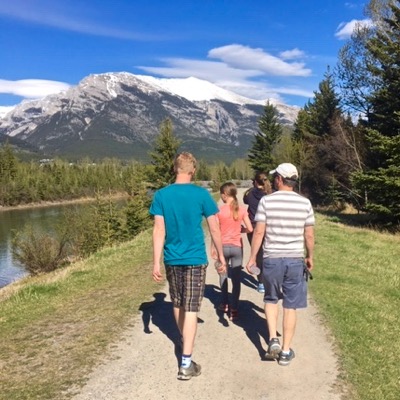
#2 LOCATION, LOCATION, LOCATION – PUT FITNESS IN IT’S ‘PLACE’
Take a walk together in your neighborhood or beyond. Current studies about activities that activate both the left (logic) brain and the right (creative) brain have discovered that when we activate both sides, we are more apt to engage and share parts of ourselves. Left to our thinking brain alone, those parts might not be shared.
Long walks also provide opportunities to engage more in conversation. Time spent meandering in a forest, for example, allows for time to breathe in the beauty of God’s World, practice gratitude and ‘get lost’ along a forest trail.
There are ways to bring new elements to a longer walk – playing eye spy along the way or setting up a guided walk for your community – you can walk with as few as one other person or in a much larger group.
Silken Laumann, in her book “Child’s Play” talks about the idea of the walking school bus where rotating adults volunteer to walk along a route to school and pick up groups of children along the way – thus promoting activity and physical movement before and after school, while at the same time promoting an opportunity to build connections with adults and other children of all ages in the neighborhood.
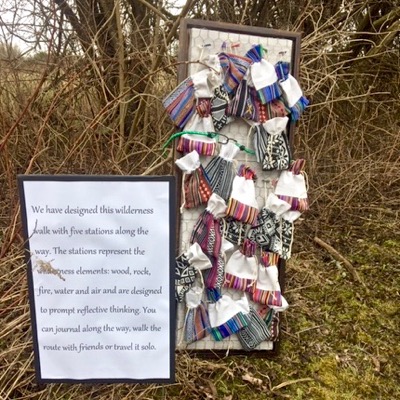
One church designed a reflective walk for a Sunday morning as a way to engage the generations in an experiential worship component. Even a simple scavenger hunt or photo scavenger hunt allows time to look for items to make into a collage or scrapbook at the end.
Once again, the benefits to walking outside together are plentiful! There are the physical, cardiovascular ones. In addition, time spent outdoors is truly good for the soul. For example, in Japan, the practice of Forest Bathing has been around for decades. Research there shows that simply spending time near trees reduces stress and improves both mental and physical health.
#3 ADD AN ELEMENT OF FUN
For 10 years my business partner and I grew a dynamic business called DrumFIT. DrumFIT had only one rule, “You must have fun.” To have fun you need to stay safe and do what feels comfortable to you and your body. Your fun should not be at anyone else’s expense. And fun does not have to be up to anyone else’s standards. You will not be marked, compared or criticized for what you are doing. If you are moving and having fun, that is all that matters.
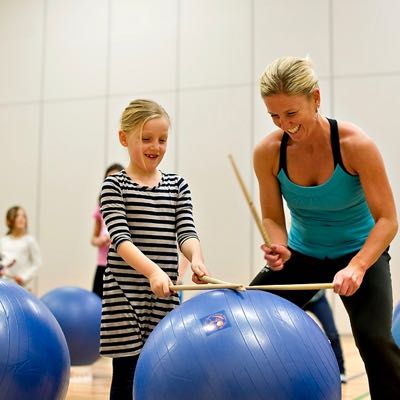 We realized that giving children drumsticks and a ball to pound out frustrations – all while moving quickly to upbeat music with positive messages, allowed children the opportunity to express themselves and march to their own beat. What we didn’t realize was that adults loved to do it too! And the more schools we visited, the more we realized that this was an activity that all ages could do together. There was no “right” or “wrong” way to do it. The music united us. It brought back memories. And it just felt good to laugh and watch every person enjoy feeling the pulse of their own heartbeat after a good cardiovascular workout.
We realized that giving children drumsticks and a ball to pound out frustrations – all while moving quickly to upbeat music with positive messages, allowed children the opportunity to express themselves and march to their own beat. What we didn’t realize was that adults loved to do it too! And the more schools we visited, the more we realized that this was an activity that all ages could do together. There was no “right” or “wrong” way to do it. The music united us. It brought back memories. And it just felt good to laugh and watch every person enjoy feeling the pulse of their own heartbeat after a good cardiovascular workout.
Activities where hearts can race and expectations are minimal, allow us to relax and move our energy through us so that we can feel refreshed afterwards. Common experiences unite us. And music has the ability to cross language barriers, span generations and evoke moods and feelings. Indigenous people from around the world know the power of a drum beat to elevate or de-escalate our mood. And in our churches and cathedrals the Power of Song and music has moved us to feel great joy or great humility.
#4 CURIOSITY (AND NECESSITY) IS THE MOTHER OF INVENTION
There are many great activities that you can set up to enjoy right in your own neighborhood that can incorporate unstructured play, movement and encourage connection with others. Canadian Olympic rower, Silken Laumann noticed a decline in neighborhood play, for example, over a decade ago when she was raising her children. She noticed that the streets in her suburban area were essentially empty after school and many families were rushing to and from work, school and organized sports. She did not know her neighbors as people tended to come home and stay inside. There was a perception that the streets in the neighborhood were not safe if there was no adult watching and many adults did not have the time to devote to being outside to watch over their children’s safety.
Silken, along with a few other adults, decided to do something. Putting a flyer in neighboring mailboxes inviting all ages to the nearby school once a week, the friends began to spread the word. Equipped with soccer balls, skipping ropes, hoola-hoops and other sports items they arrived and volunteered to watch over whatever group of children arrived for the week. They found the invitation was well received. The adults intentionally stayed out of the activities so that they children were left to negotiate rules and problem solve. From time to time adults would join in as well, though.
What they discovered was, not only did the neighborhood become better connected to one another with more families coming out but also, people of all ages got to know each other and were not as isolated. And, this led to the opportunity for more connection on other nights as well. In addition, the intentional decision to allow the time for the youth to engage in unstructured play, allowed them to become better problem solvers and take more ownership in the games and time together. They felt engaged and it enabled them to feel as though their participation was important.
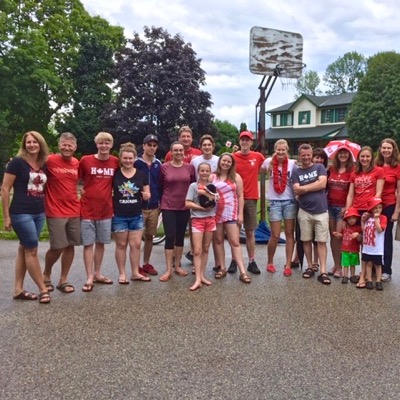
This would be quite simple to do as an outreach program for individuals, families or even church groups or local gyms or school groups. Providing a few volunteers each week and putting flyers in mailboxes in surrounding areas would invite people of all ages to join in outdoor activities together in a relaxed and casual manner.
Children need someone to remind them that play, their own unique, imaginative play, is something to be desired.
– Fred Rogers
#5 “I DON’T HAVE TIME” OR DO YOU?
In the frantic pace of society today, everything is taking time from our fitness regime. We are busy driving our children to their organized sports and clubs and then with an hour or 2 between drop off and pick up, we don’t use that time for our own fitness regime. An idea that springs to mind is that, instead of spending time when our children are honing their skills at soccer, rugby, swimming or ice sports working on our computers or visiting with parents or getting shopping done that we set the time aside as intentional time that we are also using to promote our own fitness.
This could be done as simply as going for a run or a walk while practice is going on. However, often, practices are at arenas or other fitness facilities. This space, then, can be utilized for our own workouts. Parents could challenge other parents in bringing the necessary workout gear. One team my daughter was on encouraged all parents to come for a “Deck of Cards Workout” every time they had an early morning practice. Many of us took advantage of this time to workout together. Alternatively, parents could hire an instructor to learn a new skill – perhaps one that their child is also learning at the same time. If there are grandparents or other extended family members who sometimes drive, they, too, could be invited to join the group.
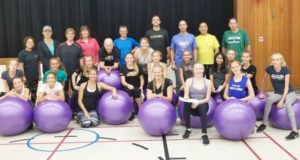
Some teams have even utilized their dryland training time to invite extended family to join the workout. “Stealing time” from your existing schedule indicates that fitness isn’t just for your youth, it is something that is important for life. Using this otherwise potentially “dead space” in your schedule, makes an intentional priority of activity in your week and, if done with other families or family members, can be a new way to build connection in your life.
#6 TAP INTO EXISTING QUALITY PROGRAMS
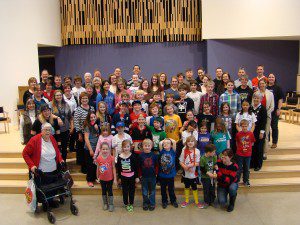
Family Fitness doesn’t always need to be solely movement based. The LOGOS Ministry, for example, captures Recreation and movement as one of the 4 Pillars for their successful program. The other 3 pillars include Bible Time, Family Time and Worship Arts. For 25 years, Knox Church in Waterloo, has nurtured in faith hundreds, if not thousands of youth and adults. Each week, we practice the art of remembering that we are each “a child of God and we deserve to be treated that way.”
Logos 25 Years from Knox Waterloo on Vimeo
The Ministry appeals to all ages from preschoolers who attend while their parents participate in leadership to grandparents and even to those who have no youth involved. On Thursday evenings our church pulsates with the sound of laughter, activity and love.
The leadership of the Ministry is entirely volunteer based. It relies on people answering God’s call and sharing their gifts freely. When we are sharing something we love to do, our love of God shines through our talents and excitement. LOGOS is based on the Bible passage:
They devoted themselves to the apostles’ teaching and fellowship, to the breaking of bread and to prayer.
Creating programs that speak to ALL generations is so important. Despite the rising use of social media and technology as a forum for connection, people are more disconnected than ever. We put people in “silos”, meaning we separate by age or ability. When we do this, we lose the opportunity for that emotional and spiritual connection with people – real people with different experiences– who have the power to mentor, guide and nurture. In our families, at our schools, our businesses, our fitness centres and our churches we need to look for opportunities to cross generations and learn from and listen to each other.
Open or Download the LOGOS Intergenerational paper.
Faith & Fitness Magazine Editors Dino Nowak and Kimberly Bloom present a workshop about intergenerational fitness at the 2019 Intergenerate Conference in Nashville, Tennessee.
CONTACT US
We can help you develop, introduce and grow results-driven intergenerational fitness initiatives at your gym, business or church.
Resources for More Information on Play and Recreation
For more information about LOGOS, visit the GenOn Ministries website or contact Liz Perraud at lizperraud@genonministries.org
Books:
The Element by Sir Ken Robinson
Child’s Play: Rediscovering the Joy of Play in our Families and Communities by Silken Laumann
Play: How it Shapes the Brain, Opens the Imagination and Invigorates the Soul by Stuart Brown
Kaboom! How One Man Built a Movement to Save Play by Darell Hammond
Spark: The Revolutionary New Science of Exercise and the Brain by John Ratey
Ted Talks:
